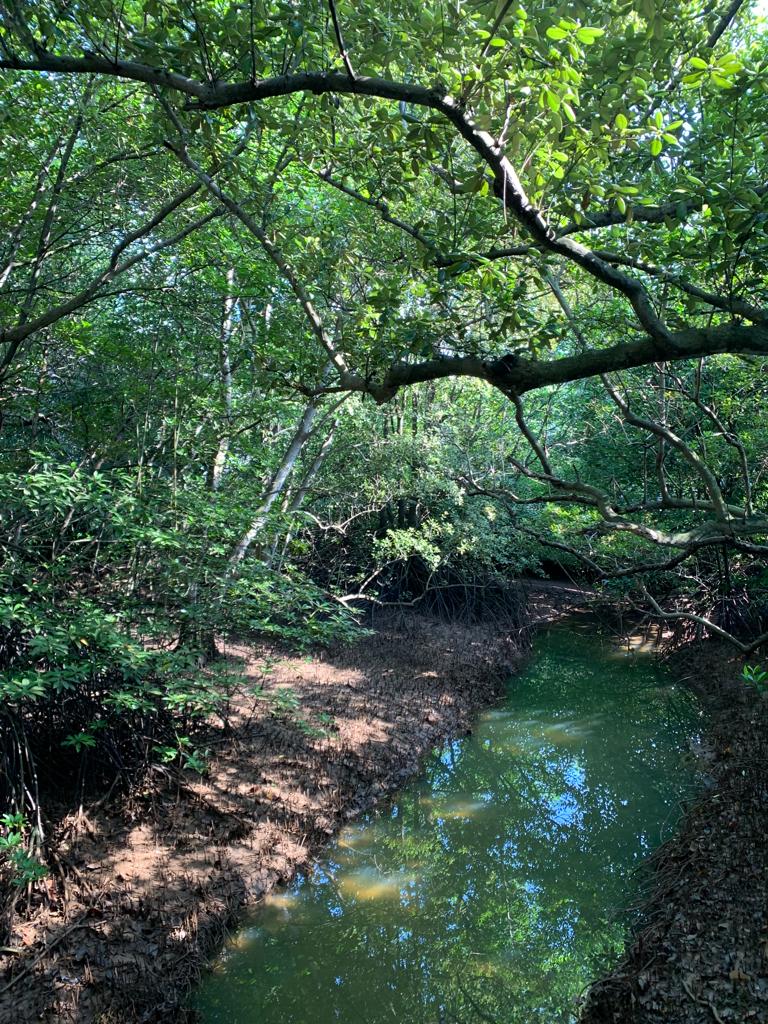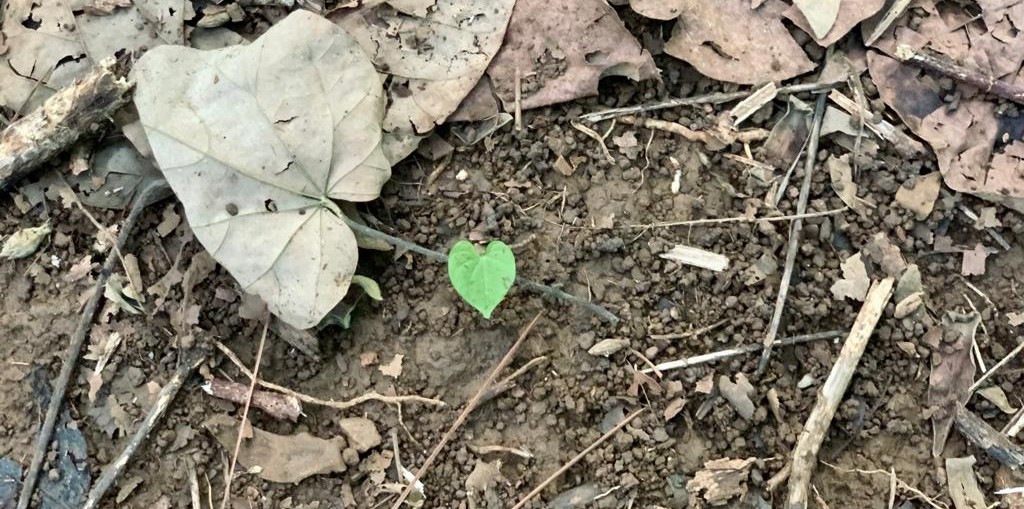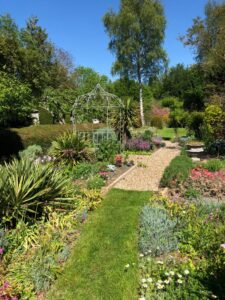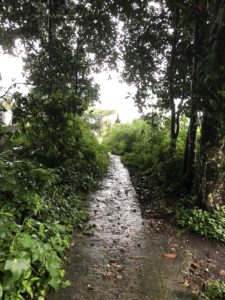“Past-focused mindfulness involves delving consciously into past memory & narratives, releasing pent-up energy, and then gently reworking these stories to create a more optimistic and energized outlook“

Dear Integral Meditators,
This week’s article focuses upon how focusing mindfully on the past can change your experience of both your present and future. It’s an important dimension of mindfulness that I’ve enjoyed practising tremendously, particularly over the last 15 years or so. If you enjoy the article, then do consider coming along to my therapeutic mindfulness course starting on the 26th September.
You can also see my video on The projector behind you – An intro to therapeutic mindfulness by clicking the link.
Quick reminder also of the upcoming Autumn Equinox Meditation on the 20th, & Meditations for connecting to the Tree of Life, and growing your own personal Life Tree workshop on 30/31st September.
In the spirit of interweaving past, present & future,
Toby
The projector behind you – How the past interweaves your present & future
Imagine you are sitting in a move theatre. Naturally you are facing the screen, where the action seems to be taking place in front of you. It takes place in front of you, but you know that what appears in front of you is being projected from behind, from the movie camara in the projector room. In the physical world we know this, but in the inner world of our mind and perception, there is another projection going on, that of our past onto our present and future.
It looks a bit like this: Your present moment and future experience are like the projector screen, but it actually contains content and images of it’s own. However, there is also a series of images projected upon our present moment ‘screen’, coming from our past, and the story that we tell ourselves about the past. To give a few examples:
- If at school I was made to feel like an ‘outsider’ by the other children, I may take that feeling of being an outsider into my adult relationships, and that feeling may determine much of how I relate to others socially
- My parents and teachers’ ways of dealing with emotion will be something that I have absorbed and tend to imitate in my ways of dealing with my own emotion
- My sense of what is possible and appropriate for me in terms of future happiness & wealth may have a lot to do with the social and cultural environment within which I was brought up
Not all past memory and projection is bad, in fact some of it can be very positive. However, for all of us in one way or another, even if we consider ourselves a well adjusted individual, we carry memories of unresolved tension & emotional conflict that are interfering with our ability to process our present and future effectively.
Going into the projector room
Practicing mindfulness therapeutically in this sense means revisiting our past in a conscious manner, in order to recognise and release these past traumas and ‘kinks’ in our memory. This is a bit like going back into the projector room in the cinema, and getting the know the different types of film that get projected regularly onto the ‘projector screen’ of your daily life. You then start to see these old movies as they start to come up in everyday situations, and you begin to be able to choose other options and behaviour, rather than always choosing the old suggestions and repeating them.
Basic principles around the qualities of therapeutic mindfulness
Here is a brief set of pointing out instructions as to how a person might begin enquiring around his or her past in a therapeutic manner:
- Establish a quiet space to sit in contemplation, establish an inner mood and atmosphere of safety, warmth and curiosity
- Pick a domain of your past that you wish to explore. This could be a period of your childhood, a past relationship, or a more recent event that you feel somewhat disturbed by. Let your attention orientate around that time, and let memories start to arise
- As memories (or sometimes the absence of memories) begin to arise, gently remain present to them with a degree of warm acceptance, even if the memories that come up are painful. At this stage you are not trying to ‘fix’ them, more just use awareness and acceptance as the method by which the memories that hold trapped and unresolved emotions can come to the light of conscious awareness and be released.
- Initially practice doing this for short, manageable periods of time, gradually extending the time you spend as your confidence and comfort level increases.
The aim here is to get to know your past better, and the way in which it impinges upon your present. The awareness and acceptance of such experiences can also often go some way to ‘healing’ and releasing the unresolved trauma, but our main aim here is simply to get to know and recognize when our past is being projected upon our present & future.
Related article: Appreciating the past to liberate the future
© Toby Ouvry 2023, you are welcome to use or share this article, but please cite Toby as the source and include reference to his website www.tobyouvry.com
Tues/Weds Nov 14th/15th – Seasonal class: Deepavali -connecting to your inner light
Integral Meditation Asia
Online Courses * 1:1 Coaching * Books * Live Workshops * Corporate Mindfulness Training *Life-Coaching * Meditation Technology



 Dear Integral Meditators,
Dear Integral Meditators,



 Dear Integral Meditators,
Dear Integral Meditators,






 Dear Integral Meditators,
Dear Integral Meditators, Working with the ‘Big Dog’ of your shadow self (Building inner strength)
Working with the ‘Big Dog’ of your shadow self (Building inner strength)

